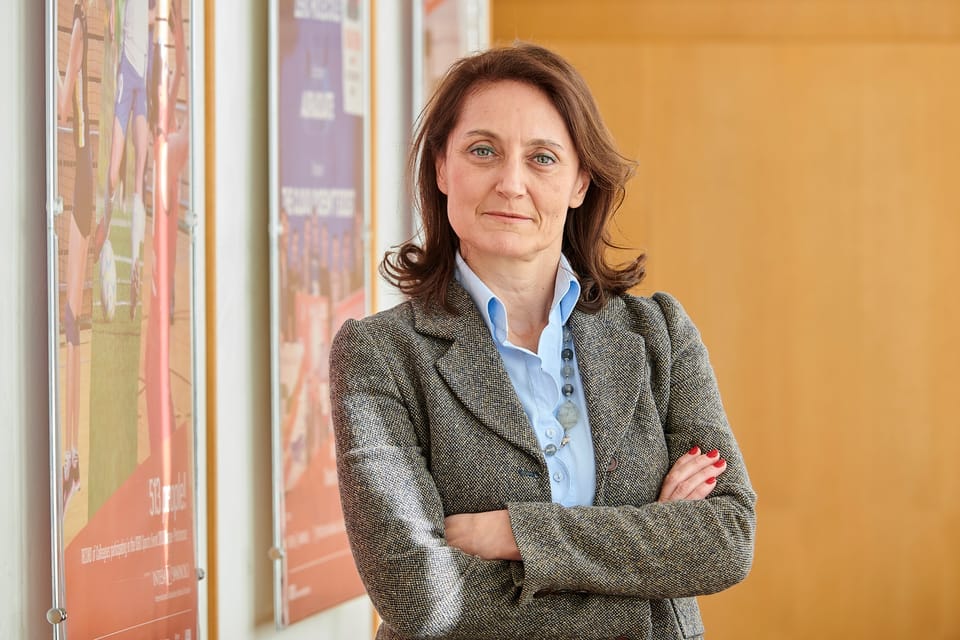Intesa SanPaolo reshuffles ESG governance and names first CSO

Leading Italian bank Intesa SanPaolo has created a new governance structure focused on sustainability, and appointed Paola Angeletti as its first Chief Sustainability Officer.
Angeletti, who was previously the bank’s Chief Operating Officer, is now responsible for its sustainability strategy, planning and monitoring, reporting to CEO Carlo Messina.
Her newly established function is set to incorporate activities that were previously distributed across various units of the group, such as social impact, art, culture and historical heritage, as well as the new ‘ESG Steering’ unit charged with the strategic direction of sustainability issues.
Within this new department, the bank has also created a Chief Social Impact Officer role, filled by Paolo Bonassi, who was previously responsible for central strategic support.
Intesa SanPaolo sustainability targets
Intesa SanPaolo has a goal of achieving carbon neutrality in Scope 1 and 2 emissions by 2030, by transitioning to 100% renewable electricity, and net zero across its own emissions as well as those relating to its loan, investment, asset management and insurance activities by 2050. These targets were meant to be submitted to the SBTi for validation in March 2024.
To achieve these objectives, the bank has set decarbonisation targets for its clients in oil and gas, power generation, automotive and coal mining sectors – and plans to present further targets for other sectors in the coming months.
It recently published its first sectoral transition plan as part of its 2023 Climate Report.
As of 2023, the bank had reduced its own (Scope 1 and 2 market-based) emissions by 28% against a 2019 baseline, and sourced 90% of its electricity needs from renewable sources.
‘Generational transition’
The creation of the sustainability governance structure forms part of what Intesa SanPaolo calls a “revitalisation” of its senior management, with the average age of new top-level directors standing at 49. “[The new organisation includes] a generational transition introducing new talents in key positions, guided and supported by highly-experienced individuals who have long held leadership roles within the group. These new, younger leaders will add experience in strategic positions during the last two years of the current 2022-2025 Business Plan, preparing them to face future challenges,” the bank explains.
Among other appointments, Tommaso Corcos takes the helm of a new Wealth Management Division, Nicola Maria Fioravanti is now Chief Governance, Operating and Transformation Officer, and Roberto Cascella has become Chief People and Culture Officer.
“Our ability to generate new managerial talent ensures that the bank remains an enduring European leader. Today, we have taken another important step in the growth of our group, a pillar of Italy’s real and social economies. All of this is possible thanks to the quality of our people,” said CEO Carlo Messina.







Member discussion